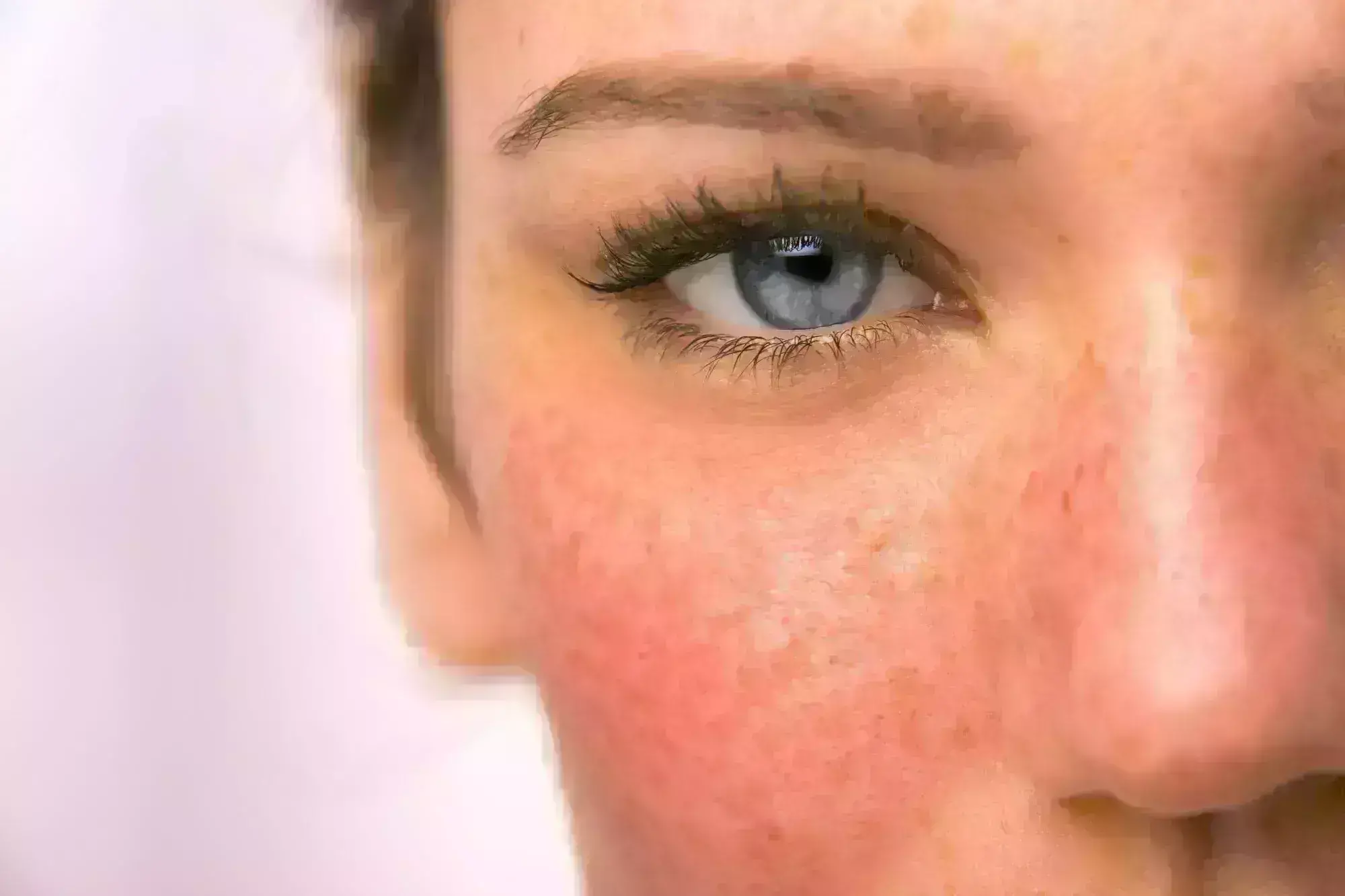- Home
- Medical news & Guidelines
- Anesthesiology
- Cardiology and CTVS
- Critical Care
- Dentistry
- Dermatology
- Diabetes and Endocrinology
- ENT
- Gastroenterology
- Medicine
- Nephrology
- Neurology
- Obstretics-Gynaecology
- Oncology
- Ophthalmology
- Orthopaedics
- Pediatrics-Neonatology
- Psychiatry
- Pulmonology
- Radiology
- Surgery
- Urology
- Laboratory Medicine
- Diet
- Nursing
- Paramedical
- Physiotherapy
- Health news
- Fact Check
- Bone Health Fact Check
- Brain Health Fact Check
- Cancer Related Fact Check
- Child Care Fact Check
- Dental and oral health fact check
- Diabetes and metabolic health fact check
- Diet and Nutrition Fact Check
- Eye and ENT Care Fact Check
- Fitness fact check
- Gut health fact check
- Heart health fact check
- Kidney health fact check
- Medical education fact check
- Men's health fact check
- Respiratory fact check
- Skin and hair care fact check
- Vaccine and Immunization fact check
- Women's health fact check
- AYUSH
- State News
- Andaman and Nicobar Islands
- Andhra Pradesh
- Arunachal Pradesh
- Assam
- Bihar
- Chandigarh
- Chattisgarh
- Dadra and Nagar Haveli
- Daman and Diu
- Delhi
- Goa
- Gujarat
- Haryana
- Himachal Pradesh
- Jammu & Kashmir
- Jharkhand
- Karnataka
- Kerala
- Ladakh
- Lakshadweep
- Madhya Pradesh
- Maharashtra
- Manipur
- Meghalaya
- Mizoram
- Nagaland
- Odisha
- Puducherry
- Punjab
- Rajasthan
- Sikkim
- Tamil Nadu
- Telangana
- Tripura
- Uttar Pradesh
- Uttrakhand
- West Bengal
- Medical Education
- Industry
Low-dose isotretinoin to be effective against resistant rosacea, study finds

A new study published in the Journal of European Academy of Dermatology and Venerology showed that for individuals with resistant rosacea, low-dose isotretinoin (LDI) could be a safe and useful treatment. Rosacea is a chronic inflammatory skin disease that recurs frequently. With the possibility of ocular and extra-facial involvement, it often affects the centre face in a symmetrical distribution.
Rosacea affects 1% to 22% of individuals, with a preference for women and people with lighter skin phototypes. Because of its anti-inflammatory and sebum-reducing qualities, isotretinoin, which is a synthetic vitamin A analogue that is authorized for the treatment of acne vulgaris and has been investigated for rosacea in the past. Isotretinoin is still seldom used to treat rosacea, despite earlier research showing it can cause remissions in the condition. Therefore, this review and meta-analysis looked at the effectiveness and safety of low-dose isotretinoin for the four primary kinds of rosacea as erythematotelangiectatic, phymatous, papulopustular, and ocular rosacea.
Studies assessing LDI for rosacea, both randomized and non-randomized, were incorporated. Excluded studies included case reports, non-English research, and incomplete investigations. The Grading of Assessment, Recommendations, Development, and Evaluation scale was used to evaluate the quality of the study.
- Nearly 16 studies with a total of 1445 patients were included out of 435 studies. LDI had a significant impact on erythema and lesion count reduction.
- Isotretinoin reduced lesion count more than topical retinoids and topical antimicrobials (p = 0.03) with a moderate impact (SMD > 0.5).
- At 16 weeks following the end of LDI, the mean lesion count and erythema remained lowered by 70% and 47%, respectively.
- At 5.5 months after starting isotretinoin, the relapse rate was 35 percent, and 3 individuals (0.4%) noticed their rosacea get worse. Serious adverse effects were experienced by 3 patients (0.4%).
Overall, with acceptable tolerability and safety, LDI is a potentially useful therapy for moderate-to-severe or resistant rosacea, according to this combined systematic review and meta-analysis. Every study that used LDI for rosacea found that the condition improved with generally manageable, dose-dependent adverse effects.
Source:
King, A., Tan, M. G., Kirshen, C., & Tolkachjov, S. N. (2024). Low‐dose isotretinoin for the management of rosacea: A systematic review and meta‐analysis. In Journal of the European Academy of Dermatology and Venereology. Wiley. https://doi.org/10.1111/jdv.20315
Neuroscience Masters graduate
Jacinthlyn Sylvia, a Neuroscience Master's graduate from Chennai has worked extensively in deciphering the neurobiology of cognition and motor control in aging. She also has spread-out exposure to Neurosurgery from her Bachelor’s. She is currently involved in active Neuro-Oncology research. She is an upcoming neuroscientist with a fiery passion for writing. Her news cover at Medical Dialogues feature recent discoveries and updates from the healthcare and biomedical research fields. She can be reached at editorial@medicaldialogues.in
Dr Kamal Kant Kohli-MBBS, DTCD- a chest specialist with more than 30 years of practice and a flair for writing clinical articles, Dr Kamal Kant Kohli joined Medical Dialogues as a Chief Editor of Medical News. Besides writing articles, as an editor, he proofreads and verifies all the medical content published on Medical Dialogues including those coming from journals, studies,medical conferences,guidelines etc. Email: drkohli@medicaldialogues.in. Contact no. 011-43720751


